Creating a breakthrough in the development of higher education
The Draft Law has fundamentally, fully and promptly institutionalized the major policies of the Party and State; stipulated basic, important, principled contents within the authority of the National Assembly to remove institutional bottlenecks, creating a clear, unified and favorable legal basis for breakthroughs in the development of higher education.
According to the Committee, the draft Law on Basic Law ensures regulations and meets the conditions to be submitted to the National Assembly for consideration and decision. It is recommended that the Government direct relevant agencies to continue reviewing to reduce administrative procedures, increase the application of technology, and carry out comprehensive digital transformation in management and implementation.
At the same time, coordinate with the agency in charge of the appraisal to continue reviewing and revising the draft Law and completing the Law project dossier, especially for the contents assigned to the Government for detailed regulations to ensure feasibility and quality.
The Committee approved the provisions on State policy for developing higher education (Article 5). However, it is necessary to clarify the leading role of the State budget in investment in higher education; including policies for public and non-public higher education.
The Committee approved the regulations on organization and administration of higher education institutions (Chapter II) and said that the draft Law has institutionalized the spirit of Resolution No. 71-NQ/TW in ensuring full and comprehensive autonomy for higher education institutions regardless of the level of financial autonomy.
However, the Committee proposed that the Government issue a separate guidance document on university autonomy; clearly specifying the level of autonomy based on the administrative capacity, accredited educational quality and financial capacity of the university.
Clearly stipulate the authority and responsibility of relevant parties in supervising the operation of higher education institutions when terminating the operation of the school council in public schools; clarify the role, position and function of a number of units in the organizational structure of higher education institutions such as affiliated schools, branches, production facilities, scientific and training councils.

Approve the addition of regulations on co-tenant lecturers
The Committee agrees with the regulations on the responsibilities of state management agencies in controlling and ensuring the improvement of the quality of higher education training (Chapter III), especially in teacher training, health, law and doctoral training; agrees with the viewpoint of innovation from managing the opening of training majors to managing training programs according to standards. However, it is recommended to clarify the licensing, additional licensing, and the application of suspension and revocation of granted licenses.
Mr. Vinh said that there were opinions suggesting to delegate authority to state management agencies to regulate the threshold to ensure input quality of all industries, professions, and university training methods; regulate input conditions for vocational high school graduates to control quality; clarify the quality control mechanism, and conduct post-inspection based on output results.
The Committee approved the provisions of the draft Law on scientific, technological and innovative activities in higher education institutions (Chapter IV), and agreed to identify higher education institutions as scientific and technological organizations, responsible for developing scientific, technological and innovative potential through training and developing high-quality human resources.
However, it is proposed to add regulations to create a mechanism to promote links between schools, businesses and the State; clarify the content, order and procedures for valuation, establishing ownership, exploitation and sharing of benefits from intellectual property, research results and technology transfer.
In addition, the Committee basically approved the addition of regulations on joint-tenure lecturers. It is recommended to review to ensure consistency with the provisions of the Law on Science, Technology and Innovation and the draft Law on Education and Training that are in the process of being amended and supplemented.
The Committee also approved the principles on standards, mechanisms, and responsibilities for implementing educational quality assessment and accreditation as stipulated in the draft Law (Chapter VI). However, it proposed to consider the requirement to build, operate, and develop an internal quality assurance system for very small-scale training institutions;
The Committee proposed to clarify the relationship between training program standards and quality assessment and accreditation standards; to specify more clearly the independence between self-assessment activities of higher education institutions and external assessment activities of education quality accreditation organizations; and to monitor and evaluate the capacity and quality of activities of education quality accreditation organizations.
The Committee agreed with the provisions on finance and assets (Chapter VII) and said that the draft Law has institutionalized the Party's policy on state budget spending on higher education reaching at least 3% of total annual budget spending, allocated based on mission, quality and efficiency according to a unified mechanism throughout the sector.
However, the draft Law has not yet defined the financial mechanism for public and private higher education institutions; the regulations on the mechanism for ordering training are unclear. It is recommended to study the assignment of public higher education institutions to decide on the management and use of legal revenue sources outside the state budget for development investment expenditure tasks.
Source: https://giaoducthoidai.vn/thao-diem-nghen-ve-the-che-de-tao-dot-pha-phat-trien-giao-duc-dai-hoc-post753550.html


![[Photo] Award Ceremony of the Political Contest on Protecting the Party's Ideological Foundation](https://vphoto.vietnam.vn/thumb/1200x675/vietnam/resource/IMAGE/2025/10/22/1761151665557_giaia-jpg.webp)
![[Photo] Prime Minister Pham Minh Chinh chairs meeting on nuclear power plant construction](https://vphoto.vietnam.vn/thumb/1200x675/vietnam/resource/IMAGE/2025/10/22/1761137852450_dsc-9299-jpg.webp)
![[Photo] Da Nang: Shock forces protect people's lives and property from natural disasters](https://vphoto.vietnam.vn/thumb/1200x675/vietnam/resource/IMAGE/2025/10/22/1761145662726_ndo_tr_z7144555003331-7912dd3d47479764c3df11043a705f22-3095-jpg.webp)



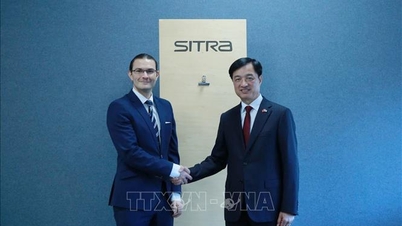

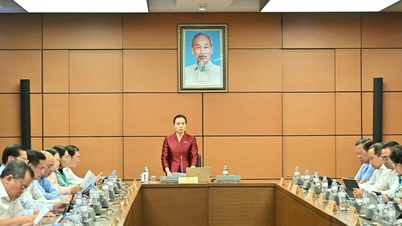

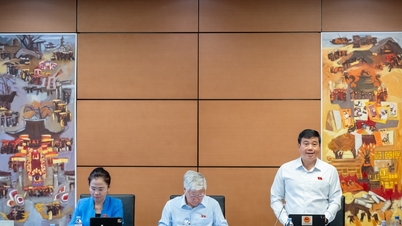
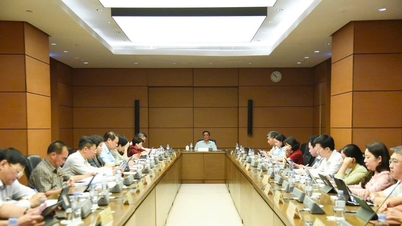
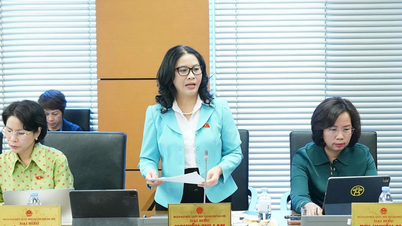
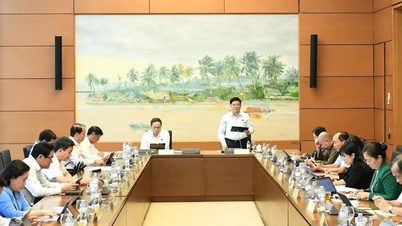
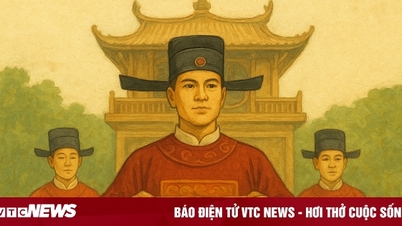

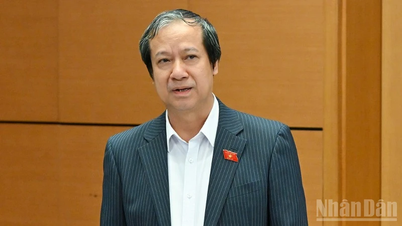

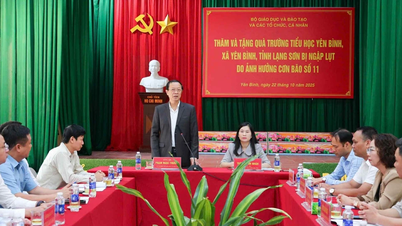
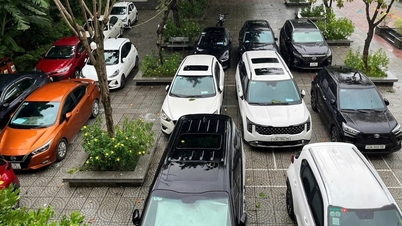

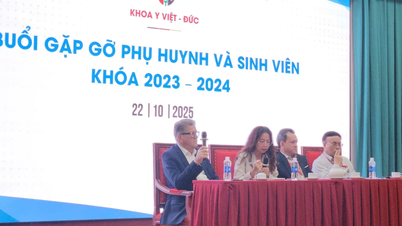





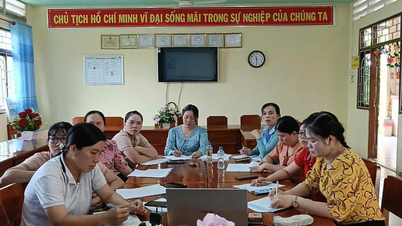
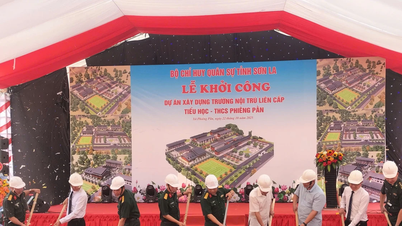
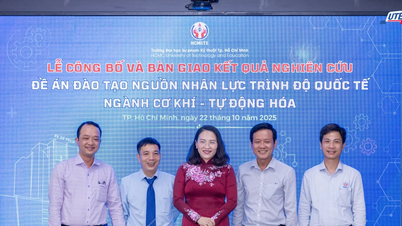

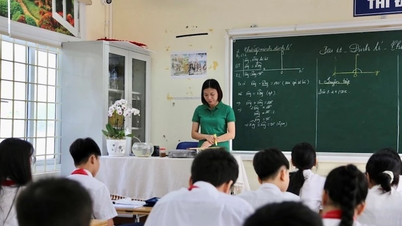





































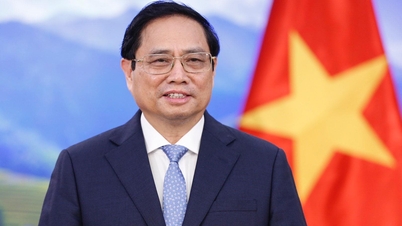

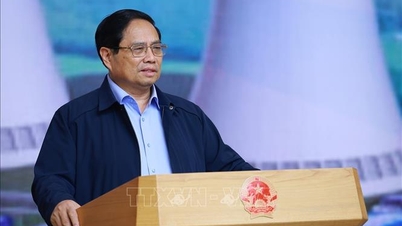
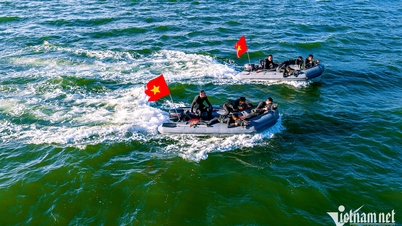
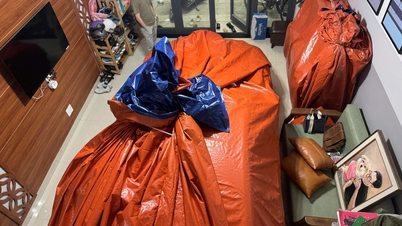
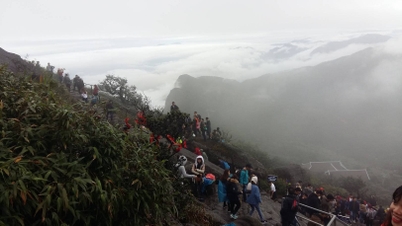

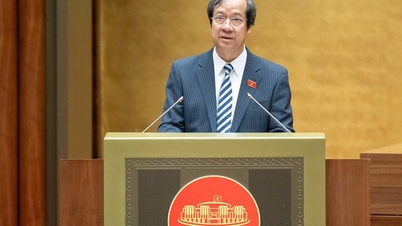

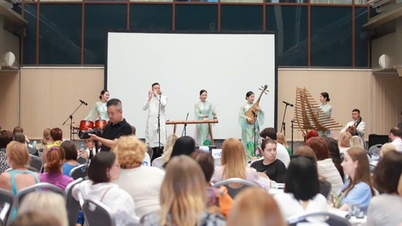
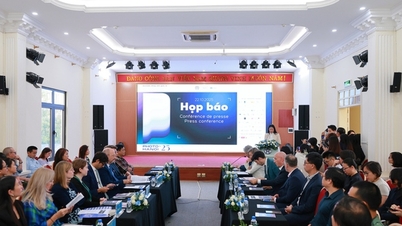

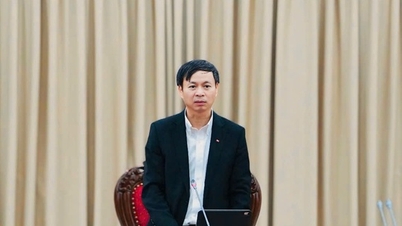

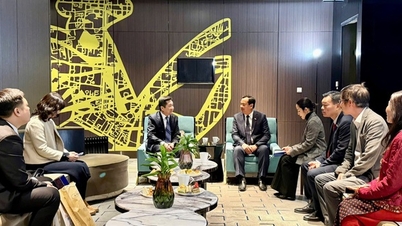


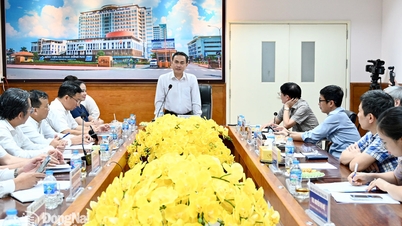




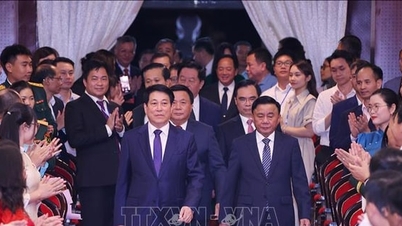

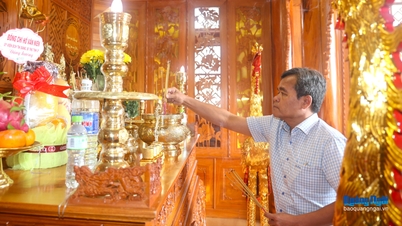














Comment (0)